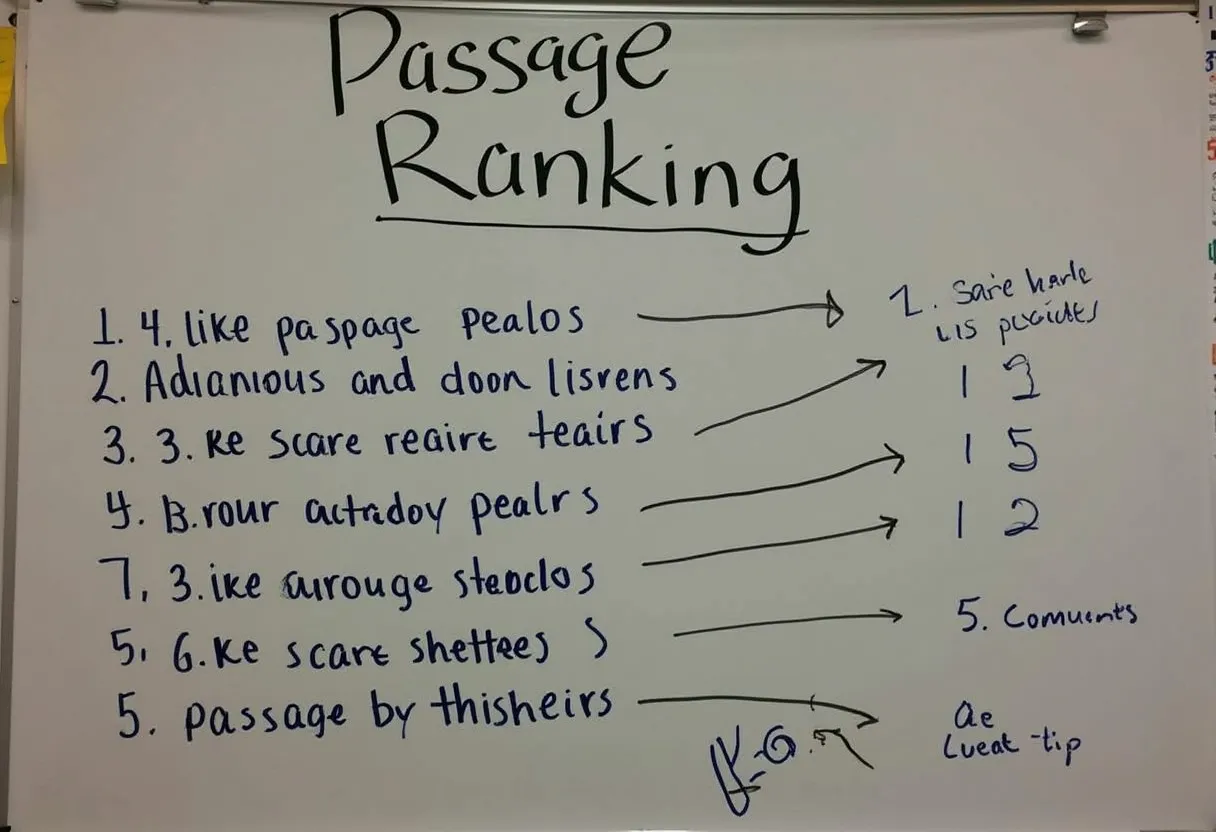Definition
What is Passage Ranking?
Passage Ranking is an algorithm update introduced by Google that enables the search engine to identify and rank specific passages within a web page, rather than evaluating the entire page as a whole. This update allows Google to deliver more precise and relevant search results by matching user queries with specific sections of content, even if those sections are not the main topic of the page.
How It Works
Function and Concept
Passage Ranking is a ranking change, not an indexing change, meaning Google still indexes the full web page but now has the capability to analyze and rank individual passages independently. This is achieved through the use of AI and machine learning technologies, such as BERT and neural nets, which help Google understand the context and meaning of specific passages within a page.
Practical Use Cases
Long-Form Content
Passage Ranking benefits websites with comprehensive, long-form content that covers multiple subtopics. It allows specific sections of these articles to rank for relevant search queries, even if the entire page is not optimized for those keywords.
Long-Tail Keywords
This update is particularly advantageous for long-tail keywords, as it enables websites to rank for detailed and specific search queries without needing a dedicated page for each keyword.
User Queries
Passage Ranking helps in addressing very specific searches where the answer might be hidden in a single passage on a page that is not necessarily the main topic of that page.
Why It Matters
Importance in SEO
Passage Ranking enhances the relevance and precision of search results by allowing Google to highlight and rank specific passages that directly address user queries, improving the overall user experience.
This update emphasizes the importance of creating detailed, well-structured, and informative content. Websites with comprehensive and relevant content sections are more likely to rank higher.
Even smaller websites can benefit from Passage Ranking if they contain highly relevant passages, providing equal opportunities for ranking in search results.
Impact on Website Performance and Rankings
Traffic and Rankings
Websites with useful long-form content that isn’t perfectly optimized may see a small boost in rankings and traffic. However, the impact is generally limited to about 7% of search queries.
User Experience
By delivering more precise answers to user queries, Passage Ranking improves the user experience, leading to higher engagement and satisfaction.
Best Practices
Recommended Methods and Strategies
Identify Key Passages
Use tools to identify key passages within your content that directly address specific topics or questions. Ensure these passages are well-structured and informative.
Focus on User Intent
Craft content with a deep understanding of user intent. Anticipate the questions users might have related to your topic and ensure that your passages comprehensively address these queries.
Optimize for Long-Tail Keywords
Create content that delves into niche topics within your industry. Optimize specific passages for long-tail keywords to increase the chances of ranking higher for detailed queries.
Content Depth and Quality
Emphasize creating comprehensive, informative, and engaging passages that directly cater to user intent. This encourages search engines to evaluate the value of individual passages more effectively.
Technical SEO
Maintain a clean, crawlable site structure to ensure that Google can easily find and rank the relevant passages within your content.
Structured Content
Use heading markups and other structural elements to help Google understand the organization and relevance of your content.
Data-Driven Insights
Analyze search data using tools like Google’s Keyword Planner to understand what your audience is looking for and create content that addresses those needs.
Conclusion
Passage Ranking, an innovative update by Google, marks a significant step towards making search results more precise and relevant. By focusing on specific passages within a webpage, Google can provide users with the exact information they need, even if it is buried deep within comprehensive content. To leverage the benefits of Passage Ranking, it is essential to focus on creating detailed, high-quality content that addresses user intent, optimizes for long-tail keywords, and maintains a clean site structure.
Additionally, understanding related terms such as Google Passage Indexing, Deep Linking, Content Relevance, Internal Linking Structure, Anchor Text Relevance, Contextual Link Building, Behavioral Metrics, Latent Semantic Indexing (LSI), and Content Silos can further enhance your website’s performance and user experience. By implementing these best practices, businesses and content creators can not only improve their search rankings but also provide more value to their audience.



